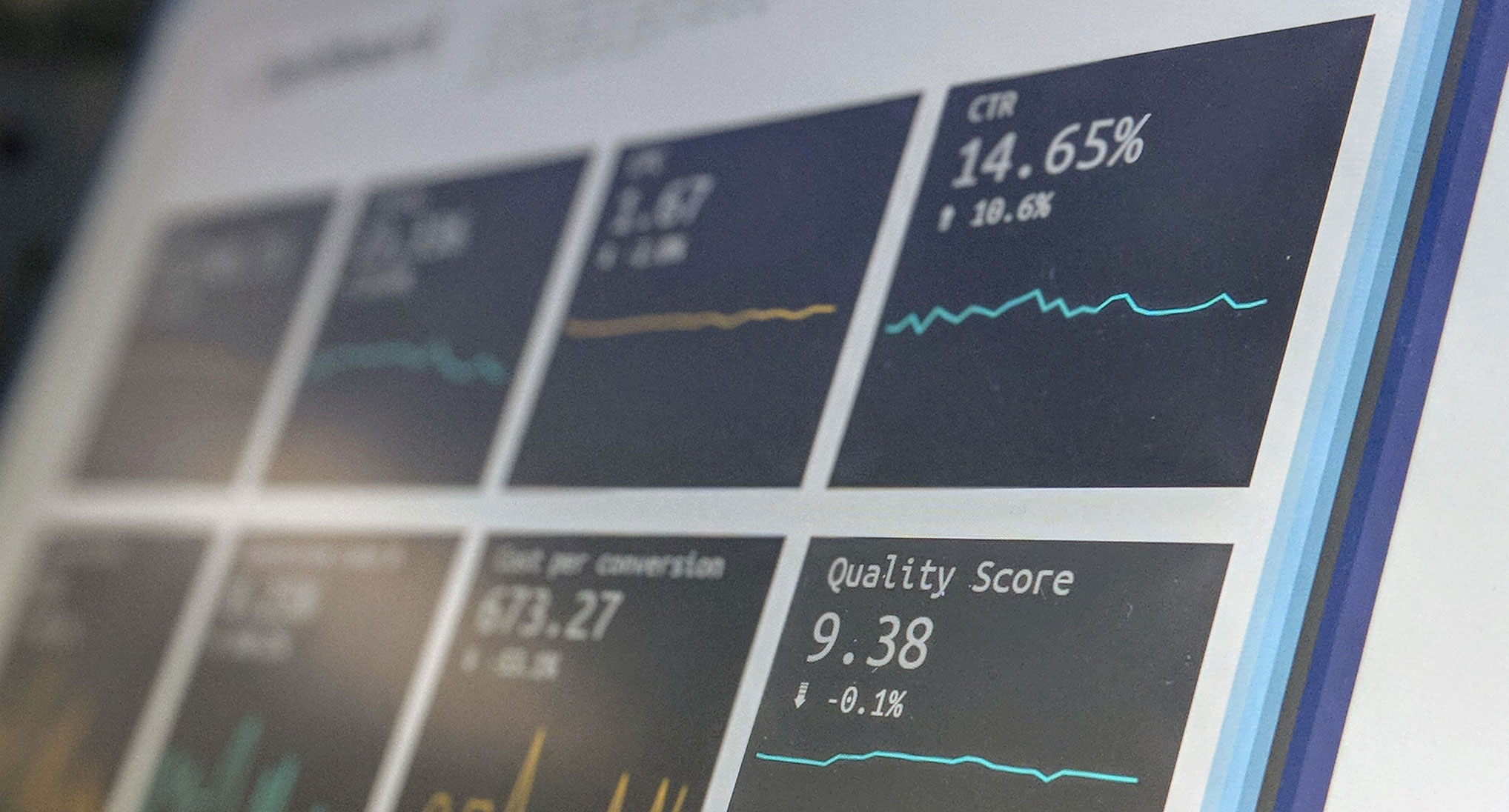Press Release: The Terry Group Finds Biased Utilization Data Are Fueling Health Inequity
May 2022

Second Installment in Ongoing Series Proposes Two-Part Strategy to Address the Problem
CHICAGO, Ill. – The widespread use of biased utilization data to allocate resources in the U.S. health-care system plays a major role in perpetuating health inequity, according to the second in a series of reports from The Terry Group, a leading health and actuarial consulting firm.
The report, entitled How Biased Utilization Data Perpetuate Health Inequity: A Two-Part Strategy to Address the Problem, was published as part of The Terry Group’s ongoing Health Equity Strategies series, which examines ways in which the U.S. health-care system contributes to health inequity and suggests actionable solutions.
“Utilization data are used for a wide variety of purposes in the health-care system, from establishing provider networks and calculating risk adjustment scores to targeting preventive care services and prioritizing case management outreach,” said Yi-Ling Lin, Head of Risk Analytics at The Terry Group and co-author of the health equity series. “The problem is that the data may not accurately reflect the underlying health risks and needs of disadvantaged populations and communities, whose members often underutilize or misutilize health-care services. The result is a serious misallocation of health-care resources that perpetuates health inequity.”
The Terry Group’s report proposes a two-part strategy to address the problem.
“The first part of our strategy involves what might be described as ‘informed leaps-of-faith,’ said Munzoor Shaikh, EVP of Health Care for The Terry Group and co-author of the health equity series. “It calls for insurers, health systems, provider groups, and large employers to proactively launch initiatives designed to improve engagement with the health-care system in communities where observation, experience, and available social determinants of health data suggest that health risks and needs are greater than the utilization data indicate.”
According to the report, these informed leaps of faith could include setting up clinics at community centers, using mobile health units to provide preventive services, creating “food as medicine” programs, providing non-medical benefits like transportation and childcare, and establishing programs to train community health workers and patient navigators.
“The second part of our strategy involves in-depth community studies designed to identify the underlying causes of underutilization and misutilization, which could include everything from lack of transportation to mistrust of the health-care system,” said Richard Jackson, Senior Advisor at The Terry Group and co-author of the health equity series. “The observational and survey data collected in these studies would be used to refine the leap-of-faith initiatives called for in the first part of our strategy, retrain predictive health algorithms, and, through integration into individual medical records, improve patient and member outreach and engagement. All of this would in turn help to reduce inappropriate utilization and increase appropriate utilization.”
“The goal of the first part of the strategy,” Lin added, “is to offset the adverse impact of biased utilization data on health equity. The goal of the second part is to eliminate that adverse impact by, over time, improving the utilization data itself.”
Along with the health benefits for individuals, there would also be financial benefits for payers and providers.
“Implementing our two-part strategy could yield significant financial benefits in both value-based and fee-for-service payment arrangements,” said Shaikh. “While proof of near-term ROI may be challenging, the long-term benefits for the bottom line will be both positive and large. Our hope is that the prospects of real improvements in health equity and significant longer-term savings will serve as true drivers of change.”
The Terry Group plans to continue publication of its issue briefs on health equity throughout the year. To download a copy of all published installments in the Health Equity Strategies series, please visit www.terrygroup.com.
About The Terry Group
The Terry Group is a health and actuarial consulting firm whose consultants and researchers help organizations navigate the complexities of health care, pensions, investments, and employee benefits. We are actuaries, clinicians, and experts in capital markets. We build models, analyze data, and provide expert testimony, working in partnership with our clients to help solve challenging problems and achieve their goals. Our deep experience, superior technical expertise, and passion for continuous learning are central to who we are. To learn more about The Terry Group, visit us at www.terrygroup.com.
Contact
Carol Daskais Navin
The Terry Group
847-420-5203
carol.navin@terrygroup.com
 How Biased Utilization Data Perpetuate Health Inequity: A Two-Part Strategy to Address the Problem
How Biased Utilization Data Perpetuate Health Inequity: A Two-Part Strategy to Address the Problem